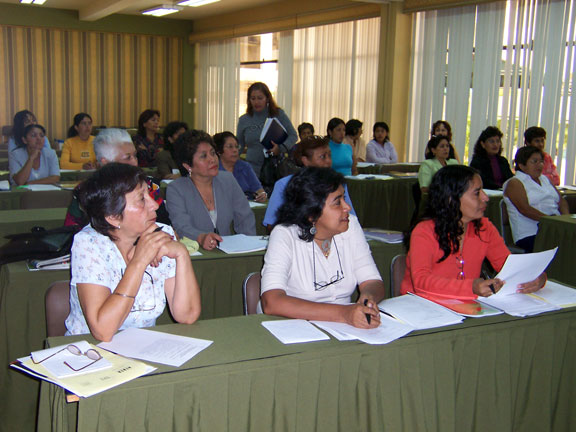The Effects of Education on Fertility in Colombia and Peru
John P. Tuman, Ayoub S. Ayoub, and Danielle Roth-Johnson
Previous studies have found that education and fertility are inversely related. However, the extant literature on the effects of education in Latin America has been limited by certain methodological problems. In particular, previous studies have used estimation methods that were prone to statistical bias, and they have frequently neglected to examine rural areas, where education is likely to have a large effect on fertility. In this paper, we attempt to improve upon our understanding of education and fertility in the region. Employing data from some of the most recent Demographic and Health Surveys (DHS) in Latin America, we test complementary hypotheses about the effects of education on fertility in Colombia and Peru. The effects of the independent variables are estimated using negative binomial regression. We also discuss the broader implications of the findings for family planning policies and regional public health governance in Latin America.

